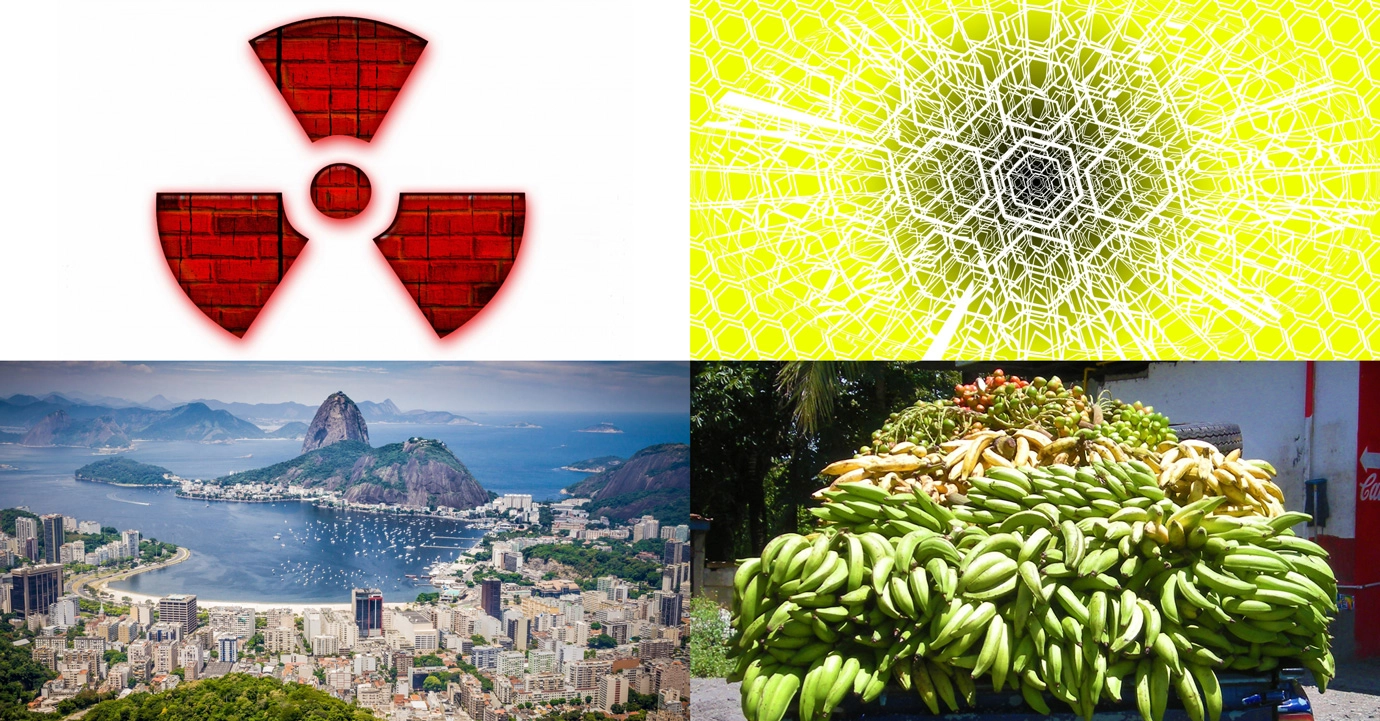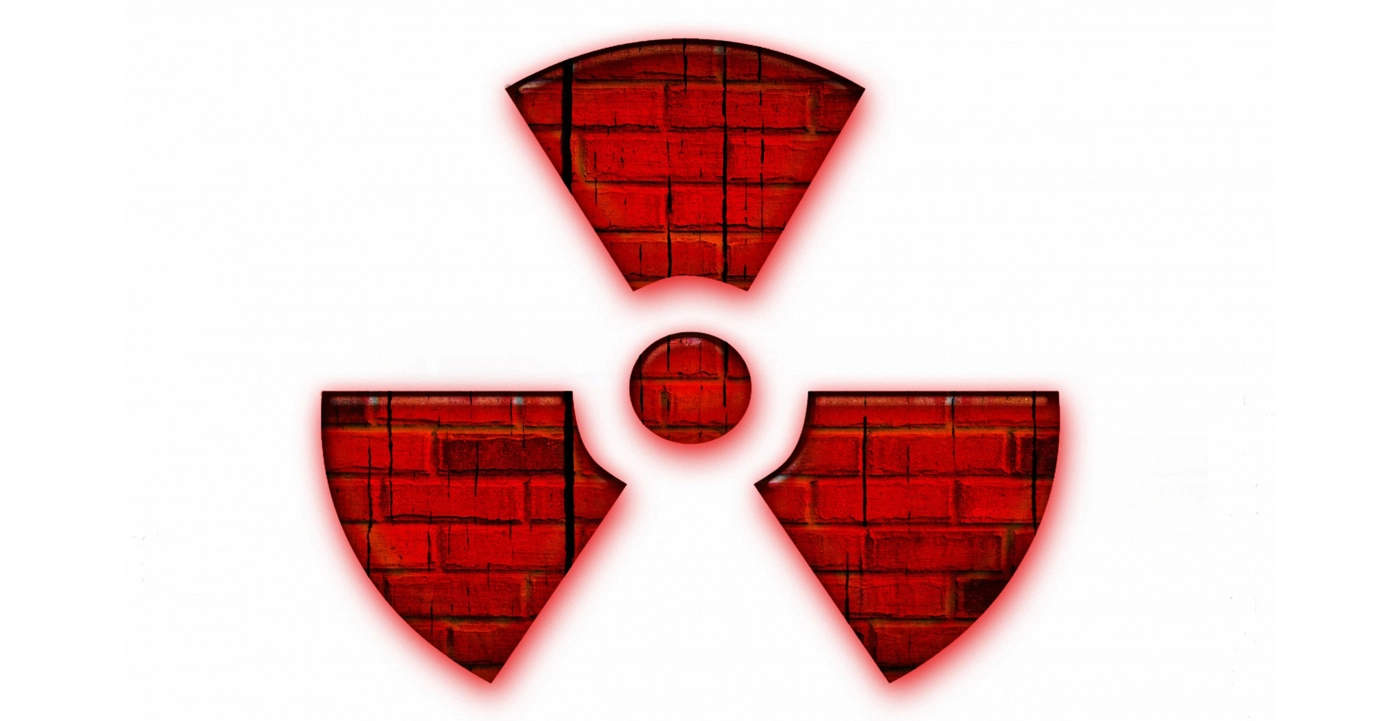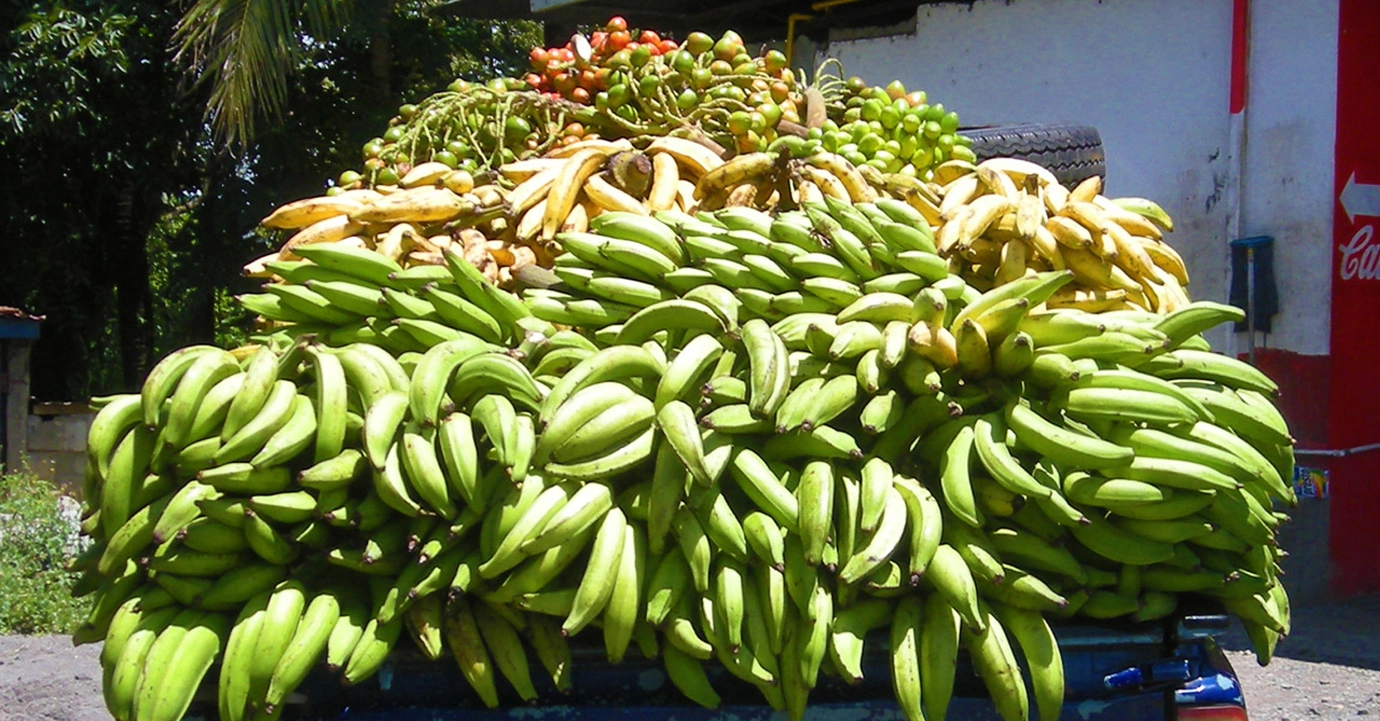China’s NEW Foreign State Immunity Law; The Global South; &
China’s Relations with Brazil and Central America†

Theodore Palser, Electric Hexagon Background;
Liliane Souza, City of Rio De Janeiro;
Fran Hogan, Banana Delivery Truck (Publicdomainpictures.net)
Update #1: China’s NEW Foreign State Immunity Law and Japan

In early September, nearly 150 Japanese citizens initiated a lawsuit in Japan against Tokyo Electric Power Company Holdings Inc., which manages the tsunami-wrecked Fukushima nuclear plant, and the central government in Japan, challenging their release of the plant’s treated radioactive water into the sea. Arguing that the water still “threatens citizens’ right to live safely and hinders local fishermen’s businesses”, the plaintiffs requested that the court ban the water discharge.
Worth noting:
On September 1, China passed the Foreign State Immunity Law, marking the country’s transition from giving foreign states “absolute immunity” to giving them “restrictive immunity” only. This transition is in line with the practices of many Western countries.
In other words, when the new law comes into effect on January 1, 2024, foreign states will no longer be completely immune from being sued in China. Instead, it will be possible for foreign states to face lawsuits in certain situations, such as those related to their “business activities” occurring inside China or their “business activities” occurring outside China but having an impact inside the country. The law covers other situations in which foreign states may be sued.
China has vehemently opposed the release of the treated radioactive water from the Fukushima nuclear plant. It has stressed that it will take suitable measures to “prevent the risks of nuclear-contaminated water discharge [posed] to the health and food safety of [China]”. Will the Foreign State Immunity Law be invoked to bring lawsuits against the Japanese government?
Update #2: China, India, & the Global South

At the 15th annual BRICS Summit held in late August, Chinese President XI Jinping pledged to explore a few different technological initiatives to help the Global South address agricultural and environmental challenges. In an article published by The Rio Times, Dr. Mei Gechlik, Founder & CEO of SINOTALKS®, highlights the opportunities that have recently emerged for the Global South to amass the financial capital and human capital needed for such technological initiatives.
Worth noting:
It seems as though India and China have put these opportunities at risk, however. To understand why, see Dr. Gechlik’s analysis.
Update #3: Strong Brazil–China Relations are Exemplified in Practice

According to the Joint Communiqué released by Brazil and China in April 2023, the two countries have expressed their commitments, among others, to accelerating their transition to a low-carbon economy as well as to deepening their investment and cooperation “in the field of ports, in particular the development of infrastructure and the improvement of port operations”.
Worth noting:
In just a few months, these commitments have been exemplified in practice. First, a direct shipping route between Brazil and Guangzhou, the capital city of China’s Guangdong Province, was launched to facilitate Brazil-China trade.
Second, more investment has been made by Chinese electric vehicle manufacturers to help Brazil accelerate its transition to a low-carbon economy. James Noh, a member of the SINOTALKS® Global Business & Development Network, observes:
In July, BYD, a leading Chinese electric vehicle (EV) manufacturer, announced that it would invest 620 million USD over the next three years to build three factories in the State of Bahia, Brazil. […] BYD’s announcement came just days after Great Wall Motors (GWM), another major Chinese EV manufacturer, declared its intention to increase the expected production capacity of its factory in the State of São Paulo, Brazil from 20,000 to 100,000 vehicles per year. […].
As it prepares to assume the G20 Presidency from India on December 1, Brazil is likely to work even more closely with China in the coming months to make sure it can present its economic might during the G20 Summit when the summit is held in Rio de Janeiro next year.
Related article:
Update #4: China’s Political & Economic Ties with Central American Countries

In late August, the Central American Parliament, whose members include El Salvador, Guatemala, Honduras, Nicaragua, Panama, and the Dominican Republic, voted to replace Taipei with Beijing as a permanent observer. This signals Beijing’s growing political ties with Central American countries, as all six of these countries except Guatemala have already broken off their diplomatic relations with Taipei.
Worth noting:
Will Guatemala follow suit to break off its diplomatic relations with Taipei? Although Guatemalan President-Elect Bernardo Arévalo has expressed his desire to continue Guatemala’s support for Taipei, it will be difficult for him to maintain this position without compromising the economic opportunities that China could offer the Central American republic.
Two examples illustrate how quickly China has been able to form economic ties with those Central American countries that have switched to support Beijing. First, China and Nicaragua just signed a free trade agreement, less than two years after establishing diplomatic ties. Second, with respect to Panama, which cut ties with Taiwan in 2017, Rita Lezcano, a Panama-based member of the SINOTALKS® Global Business & Development Network, shares the following:
A group of Chinese exporters explored the Colon Free Zone [(CFZ)] in Panama, looking for investment opportunities. The CFZ is noted for its access to vast markets in Central America, the Caribbean, and northern South America, as well as its potential as a hub for exports to China […].
Will President-Elect Bernardo Arévalo be presented with even more attractive economic opportunities to counter those that could be offered by China?
Related article:
† The citation of this article is: The Editorial Board of SINOTALKS®, China’s NEW Foreign State Immunity Law; The Global South; & China’s Relations with Brazil and Central America, SINOTALKS.COM®, SinoExpress™, Sept. 13, 2023, https://sinotalks.com/sinoexpress/state-immunity-global-south-brazil-central-america.





